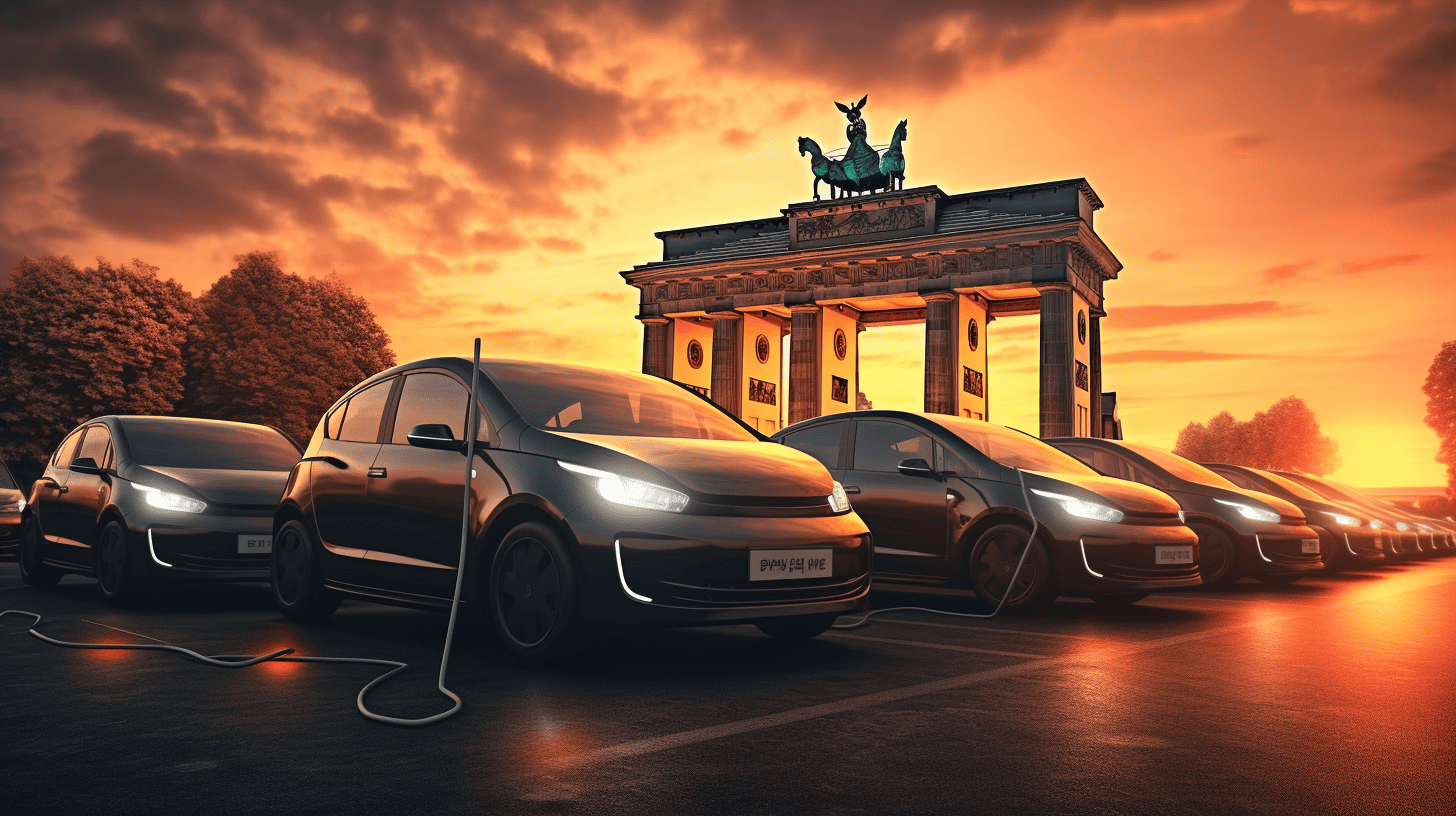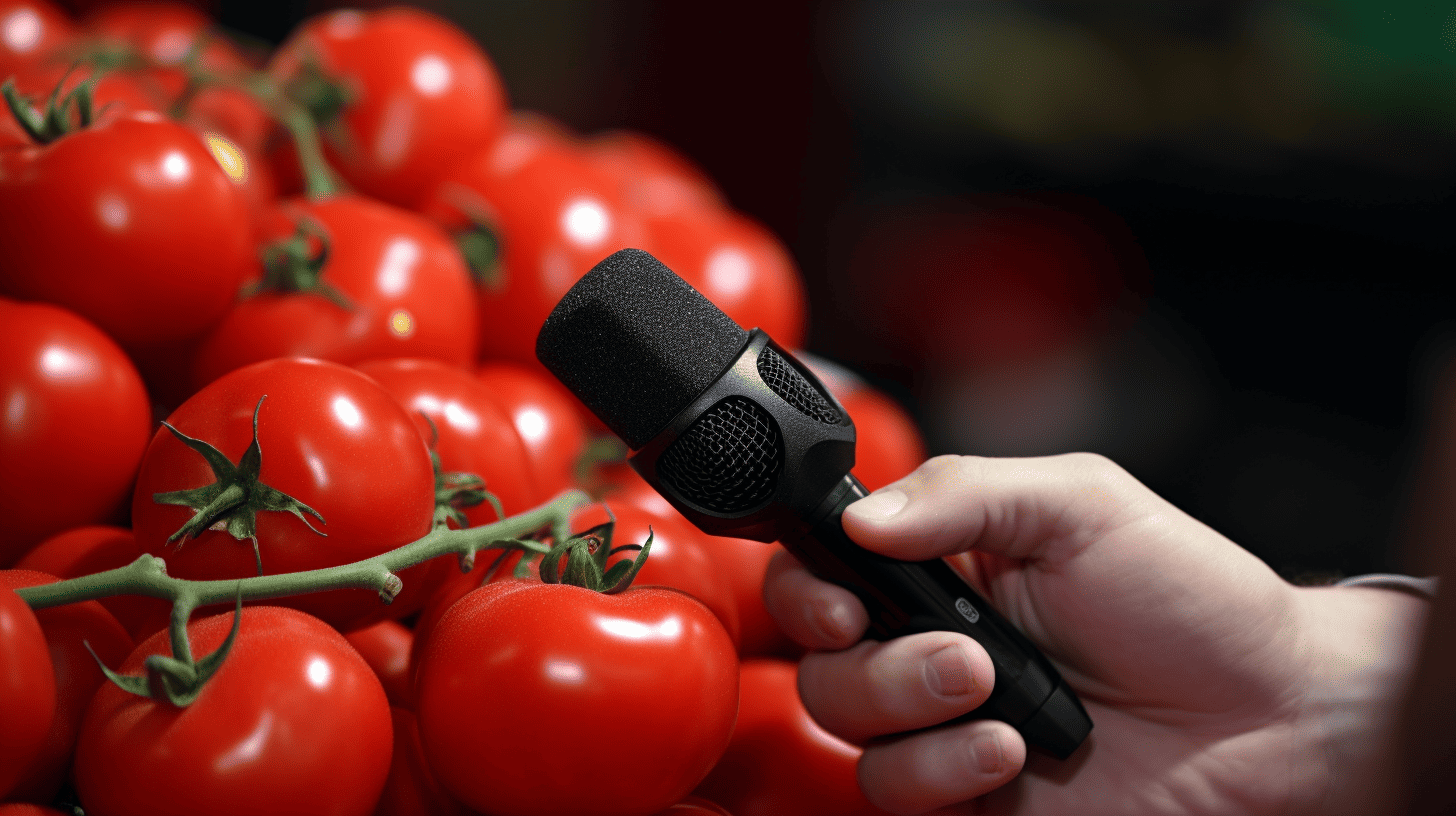

In a weekly column, alternately written by Lucien Engelen, Maarten Steinbuch, Carlo van de Weijer, and Tessie Hartjes, E52 tries to find out what the future will look like. All four contributors – sometimes accompanied by guest bloggers – are working on technologies that can provide solutions to the problems of our time. This Sunday, it‘s Maarten Steinbuch’s turn.
Here are all the prior editions of [TOMORROW IS GOOD]
At the end of the holidays, I like to take a moment and think about a book that I read this summer: Homo Deus by the historian Yuval Harari. He describes and analyses the development of mankind, what makes us different from (other) animals and what our future is. It is a bulky book, but it does put your thoughts upside down. If you find E52’s blogs TOMORROW IS GOOD interesting, it is a must-read.
The writer shows that mankind has been able to develop a lot better in comparison to the other animals, because our brain development has enabled us to imagine things, to fantasize. With that we have created the possibility to bind us to our self-created (non-living and artificial) structures and organize ourselves in very large groups. A company is an example of that. A company doesn’t feel anything, it feels no pain. The employee does. But we still bind to a company and we can even identify ourselves with the goals and we feel at one with our colleagues who we often don’t even know. A village or a country is the same. This is something that ‘lower’ animal species don’t (seem to) have. This is also how religions came about and the ability to think about gods, and the emergence of wars.
In the past decades, a lot of things are shifting due to the technological progress: we can now make communities through the internet, we no longer feel bound to physical boundaries. The realization of land borders might fade someday, and the role of wars seems like something from the past. Religions are fading, and humanism, the faith in the free will of man has risen.
One of the other important assumptions in the book is that the writer supposes that the modern (system) biology is right and that all biological processes are in fact algorithms: a strictly materialistic view on life. When we assume this view, it is conceivable that (once) living beings can be ‘recreated’ with this technology. And if all biological processes are in fact algorithms, then there is, according to the writer, no free will. Then all we do, is a consequence of what we’ve experienced before, of our history of experiences, an algorithmic effect, which is controllable, as advertising agencies are already using. If there was no free will, that would mean the end of humanism.
If technology is becoming that dominant and even smarter than mankind, will our own humanity become submissive to the new ‘animal species’ technology, to data that affects us? Will Artificial Intelligence be the last thing invented by mankind?
The writer concludes the book by arguing that humanism was also our own created reality, and that data is going to determine our lives. Dataism is the domain of development in that new world. And we as people have just a minor role. I would recommend reading this book, but not necessarily to also make it happen that way.






